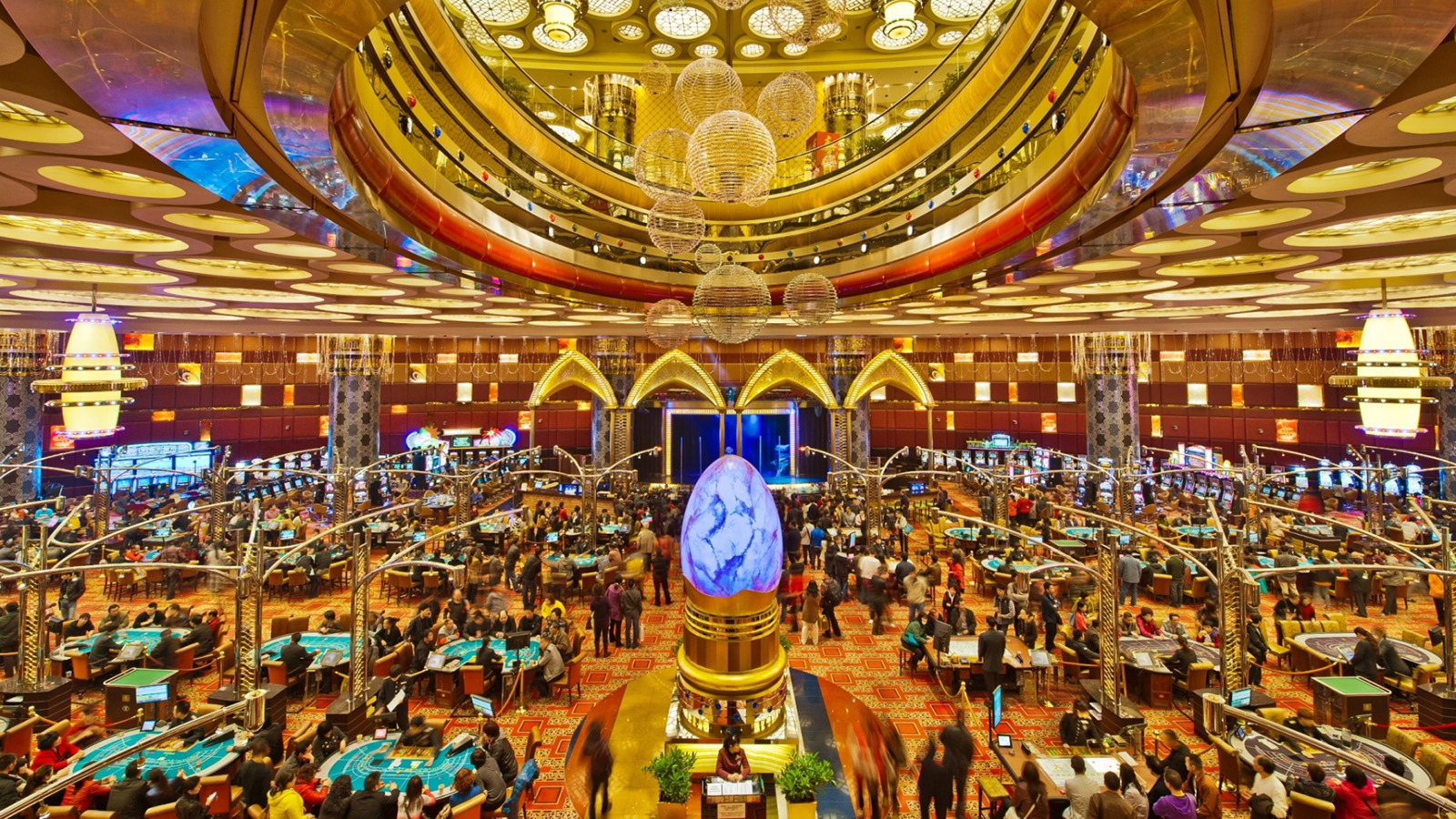
Casino experiences have long captured the interest of humans around the planet, becoming an essential part of both leisure and culture. From the sparkling lights of Las Vegas to the captivating experience of internet gambling, these experiences evoke enthusiasm, uncertainty, and sometimes even a sense of sentimentality. They are more than simply pastimes; they have woven themselves into the tapestry of our lives, influencing various aspects from cinema and music to fashion and literature.
The charm of casino games transcends the wagering aspect, tapping into larger themes of luck, risk, and social interaction. As players convene around a card table or rotate the wheel of fortune, they engage in an ancient ritual that connects with our collective desire for thrill and uncertainty. This fascination has led to the growth of many references in films, music, and video games, showcasing how intensely entrenched these games are in mainstream culture. Whether it is the high-stakes tension of a traditional heist movie or the lively nightlife portrayed in recordings, casino games have established a substantial niche that reflects our relationship with risk and reward.
Cultural Importance of Casino Activities
Casino games have played a pivotal role in cultural aspects throughout the ages. Stemming from old civilizations, games of chance were often connected to ceremonies or events. For example, early iterations of gambling can be traced back to ancient Chinese and the Romans, where die games and wagering on outcomes were popular pastimes. These games not only functioned as leisure but also as methods of social interaction, facilitating relationships among people within communities.
As societies evolved, so did the sophistication and organization of gambling games. The creation of formal casinos in the 17th century, particularly in the Italian region, marked a major shift in how games were viewed and structured. With designated spaces for gambling, the casino became a social hub where people from different backgrounds convened. This change contributed to the validation of gambling, transforming it from a mere pastime into an established industry that influenced economy and regulations.
The impact of gambling games on mainstream culture cannot be understated. As they were brought into the limelight in books and movies, games such as poker and 21 became symbols of chance, luck, and strategy. Famous figures and stories have emerged around these activities, illustrating societal attitudes towards luck, wealth, and immorality. This fascination with casino games has infiltrated various forms of entertainment, solidifying their place in the collective consciousness and linking them to wider cultural narratives throughout history.
Portrayal of Gambling Games in Entertainment
Casino activities have long been a popular topic in different types of entertainment, reflecting both the fascination and nuances of gambling culture. Movies such as Ocean’s 11 and Casino Royale portray individuals who navigate high-stakes environments, showcasing not only the attractiveness of the gambling environment but also the methods and choices that come with playing popular games like poker and blackjack. These films often dramatize the exhilaration of winning and the potential consequences of losing, encapsulating the dangers involved in betting.
TV programs have also explored the universe of gambling activities, often integrating them into the storyline as a backdrop for character arcs and drama. Shows like Las Vegas depict the stories of gambling employees and casino-goers, highlighting the dynamic, often tumultuous energy of the gaming floor. Reality shows featuring intense betting contests further emphasize the appeal of gambling activities, drawing viewers into the excitement and planning involved in each session. Through these portrayals, media not only engages but also prompts conversations about luck, skill, and the essence of randomness.
Video games have increasingly included casino games into their structure, allowing players to experience the thrill of betting without financial exposure. Games within the landscape of digital gaming often include virtual slots, poker, and other popular casino games, creating an immersive gameplay that mirrors real-life gameplay. These virtual portrayals make casino games accessible to a broad demographic, appealing to both risk-takers and those who enjoy the thrill of simulation. As a outcome, the representation of casino games in entertainment continues to shape societal views and cultural significance, highlighting their role in entertainment and culture.
Impact of Casino Games on Communities
Gambling activities have a significant effect on communities, affecting multiple aspects of culture and social behavior. They often serve as a platform for social interaction, where people come together to experience a common activity. Casino trips with friends or trips to casinos become group events that build connections and create memories. This collective aspect enhances the fun value of casino games, making them a popular choice for celebrations and leisure activities.
Moreover, casino games have been portrayed in numerous movies, television shows, and literature, influencing views and opinions towards gaming and gaming. Icons like James Bond playing baccarat or the intense poker scenes in films have embedded these games in the collective imagination. This representation often idealizes the culture associated with gambling, attracting new players and impacting trends in both style and behavior. These representations can ignite curiosity and lead to a deeper exploration of the intricacies of gambling.
Nonetheless, there are also adverse consequences associated with the widespread appeal of casino games. The allure of quick monetary gain can lead to problem gambling and financial troubles for some people. The community must grapple with these consequences, advocating for responsible gaming and awareness of the risks involved. Finding a balance between the fun aspect of casino games with the potential for harm is crucial to ensure that they continue to be a positive aspect of our societal fabric.
Da 88